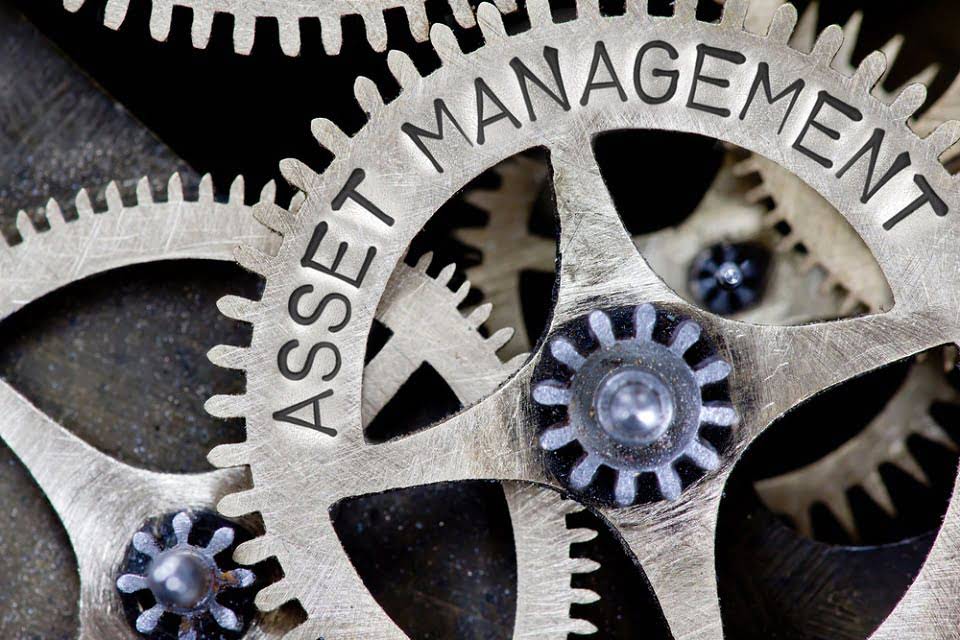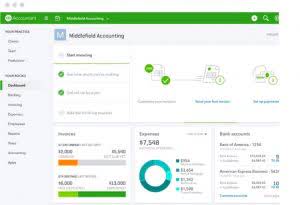
For smaller businesses or those just starting out, Accounts Receivable Outsourcing a simple spreadsheet or journal can also work. This provides a manual overview of your debts and payment deadlines. As your business grows, consider transitioning to automated solutions for better scalability and efficiency. Let’s say your business has taken out a loan and incurs interest charges each month.

Scaling Your Team? Scale Your Expense Management Too

Accrued expenses, like unpaid salaries or utility bills, are often overlooked but crucial for a truly accurate financial picture. Understanding accrued expenses, and how to record them, is key for solid financial reporting and smart decision-making. Let’s break down accrued expenses accounting, including the difference between accounts payable vs accrued expenses, so you can master this essential piece of the financial puzzle.

What are accrued expenses?
- Accountants use any of the two methods to record expenses, that is, the cash basis and the accrual basis.
- A lower percentage shows better financial stability, making lenders more likely to approve loans with good terms.
- This proactive approach helps avoid cash crunches and keeps your business operations flowing smoothly.
- In that case, it falls under the piece wages type of expense in the wages expense account.
- The Internal Revenue Service allows businesses to deduct most operating expenses that are necessary for business operations.
This entry involves debiting the liability account and crediting the cash or bank account. This process ensures that the liability is removed from the books once the expense has been paid, maintaining accurate financial records. Accrued liabilities are typically recorded as current liabilities on the balance sheet, reflecting their short-term nature. These entries are crucial for internal and external stakeholders, as they provide insight into the company’s future cash outflows and overall financial position. Properly managing and reporting accrued liabilities can help in maintaining transparency and trust with investors, creditors, and other stakeholders.
- Let’s break down accrued expenses accounting, including the difference between accounts payable vs accrued expenses, so you can master this essential piece of the financial puzzle.
- The actual purchase of the equipment is an expense, and over time, the equipment depreciates, which is also an expense on the income statement.
- You must pay it back, usually within 30 days, or face high interest rates.
- In financial discussions, the terms ‘expense’ and ‘liability’ are frequently used.
- There are a few key differences between liabilities and expenses, and knowing what they are can help ensure you’re making smart business decisions—now and in the future.
- This will allow the company to make better decisions on how to spend its money.
Are Liabilities Expenses? Key Differences Explained
- Therefore, when a business incurs an accrued expense, and that liability increases, the accrued expense account will have a credit entry.
- GAAP covers a wide range of accounting topics, from revenue recognition to asset valuation to disclosure requirements.
- Variable costs will change depending on your productivity and output.
- By accurately tracking expenses, business owners have a clearer picture of their profitability and efficiency.
Companies will remove this liability in the subsequent month when it issues payroll checks. These costs are reported on a company’s income statement, which summarizes revenues and expenses over a period to determine net income or loss. Common examples include are expenses a liability rent expense for office space, utility expense for electricity and water, or salaries expense paid to employees.

Always check with the IRS to make sure you’re following the right steps. You’ll record the $150 and $76.50 as payroll liabilities, along with your company’s matching contribution of $76.50 for FICA taxes. You then pay Alice her https://www.bookstime.com/ net wages and send the withheld amounts to the appropriate agencies, along with your company’s share. Conversely, some expenditures initially create an asset that later becomes an expense.

